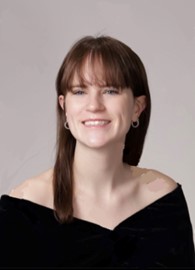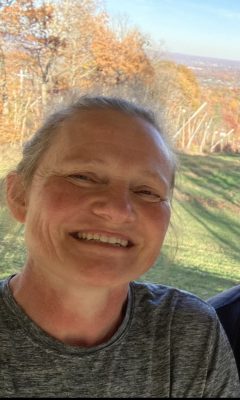Written by Laura Kelly
In May of this year, a new module was launched on CT Trail Finder: Earn Badges! With a free account, users can add trail logs to their profile. Users can now earn digital badges when adding trail logs that match the badges’ criteria. Badges can be earned for a multitude of accomplishments, from completing one’s first trail, to mountain biking 133 miles – the approximate width of Connecticut! Some badges are partnerships, like the Connecticut Forest & Park Association limited-time badge for completing a trail during Connecticut Trails Day weekend, June 7-8. Other badges are awarded for exploring multi-use pathways, river trails, and urban trails, for getting on the trail with family and friends (developed with the PATHS program team), and several other engaging challenges.
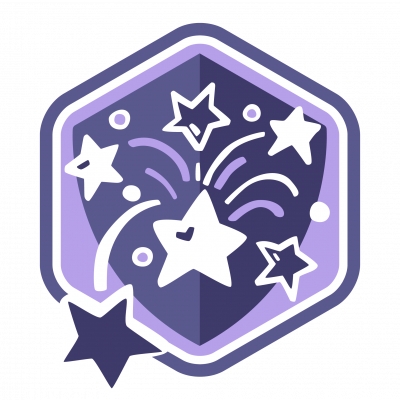
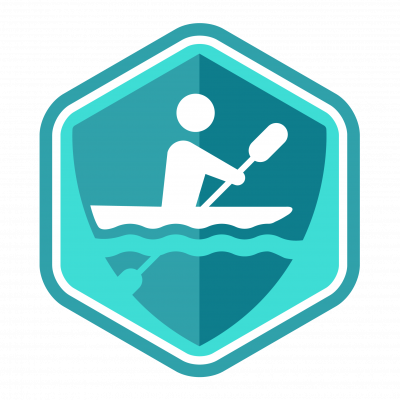
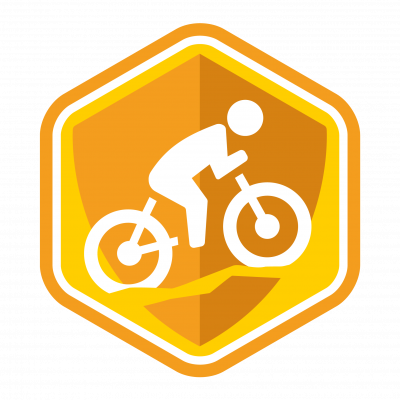
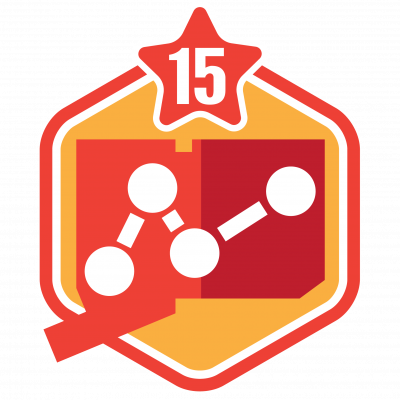
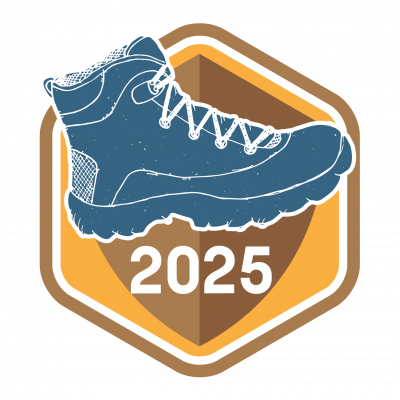
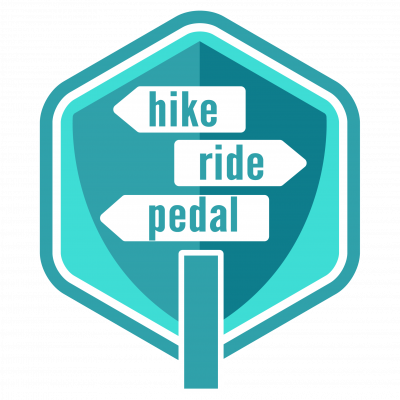

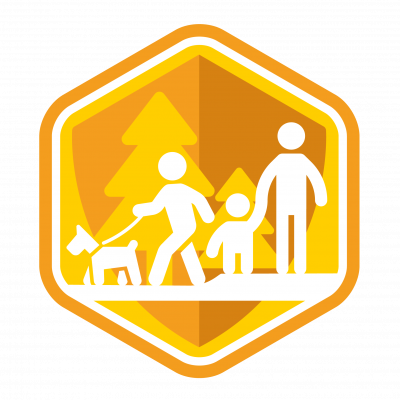
Recently, five additional badges were launched based on ideas from University of Connecticut students who were enrolled in a course about nature-based outdoor recreation resource management. Students presented the ideas to their classmates and peers at the end of the course and were given the option to pursue turning their ideas into real earnable badges on CT Trail Finder.
We worked with five students to bring their badges to life. They include badges for exploring waterfront trails on the Long Island Sound and CT’s large rivers (Waterfront Whimsy), taking and sharing trail photos with CT Trail Finder (Photography Fiend), exploring rock scrambles (Scrambled!), following trails to waterfalls (Waterfall Chaser), and participating in multiple activities (Jack of All Trails). Students provided preliminary badge designs and criteria, and we ensured they fit within the parameters of the CT Trail Finder system. Kara Bonsack, Graphic Designer at UConn Center for Land Use Education and Research (CLEAR), used the students’ designs as inspiration for designing the final digital badge graphics.
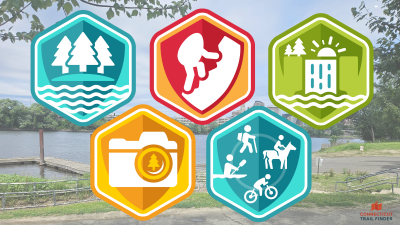
There are now 27 earnable badges on CT Trail Finder, with additional seasonal and special event badges planned. This collaborative project has resulted in a badge collection unique to Connecticut Trail Finder’s platform, highlighting the special attributes of our trails and encouraging exploration of the rich outdoor recreation opportunities available here.
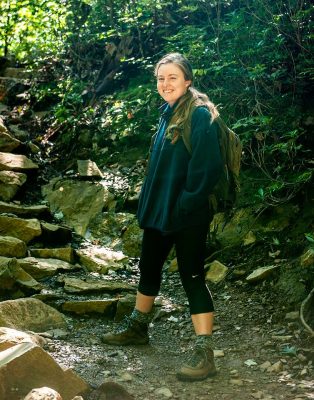 is the new CT Trails Program coordinator, supporting CT Trail Finder, CT Trail Census, and the CT Trails Program. She is finishing up her master’s degree in the Department of Natural Resources and the Environment with a focus on trail use levels, access, and the perceived quality of trail user experiences. She cares deeply about public land access and management, and she is really enjoying meeting trails professionals and advocates from around the state. Laura was born and raised north of Pittsburgh, PA, and she received her B.S. in Biology at Juniata College. She loves hiking, reading, jigsaw puzzles, and her pet tortoises.
is the new CT Trails Program coordinator, supporting CT Trail Finder, CT Trail Census, and the CT Trails Program. She is finishing up her master’s degree in the Department of Natural Resources and the Environment with a focus on trail use levels, access, and the perceived quality of trail user experiences. She cares deeply about public land access and management, and she is really enjoying meeting trails professionals and advocates from around the state. Laura was born and raised north of Pittsburgh, PA, and she received her B.S. in Biology at Juniata College. She loves hiking, reading, jigsaw puzzles, and her pet tortoises.